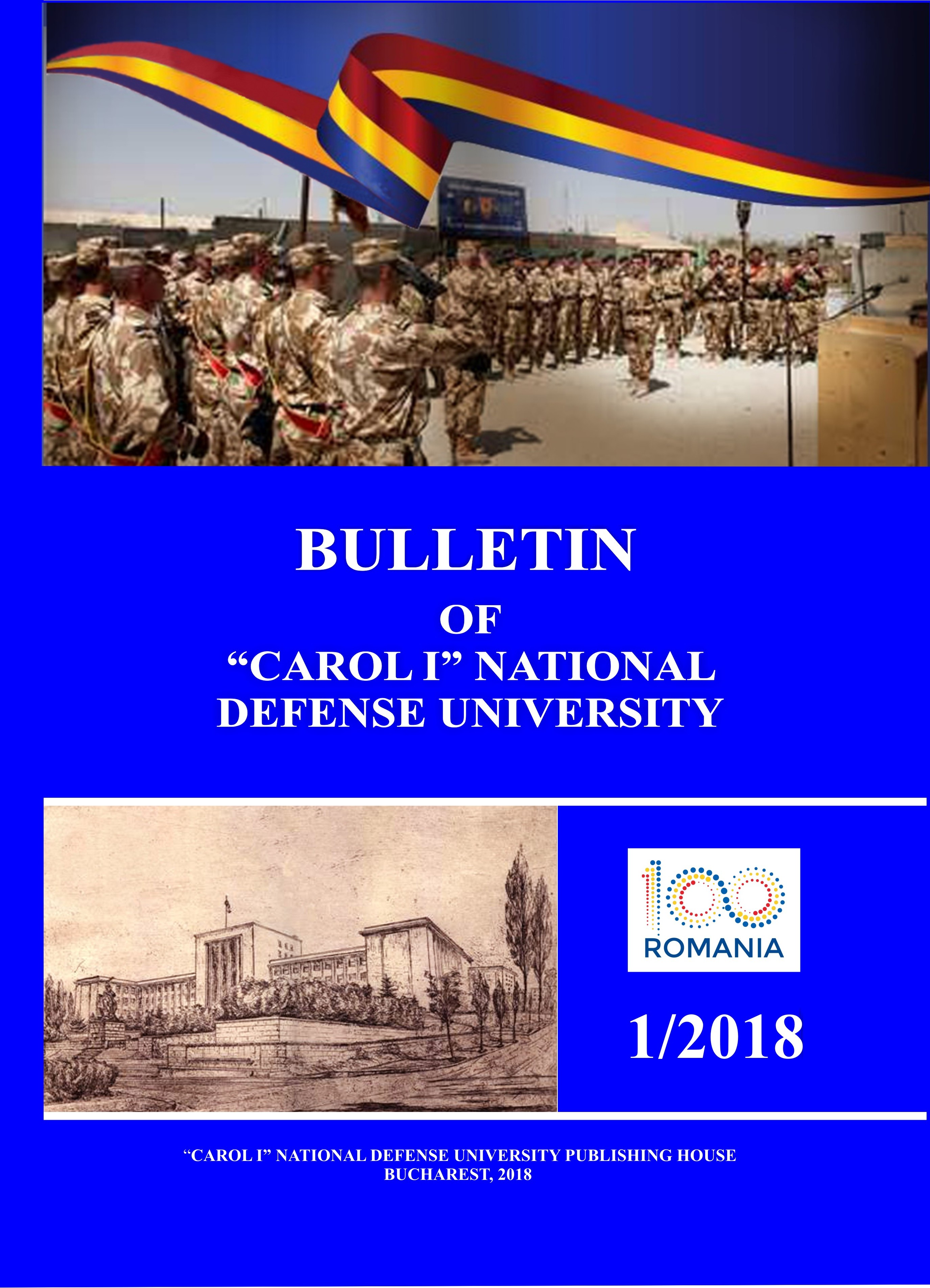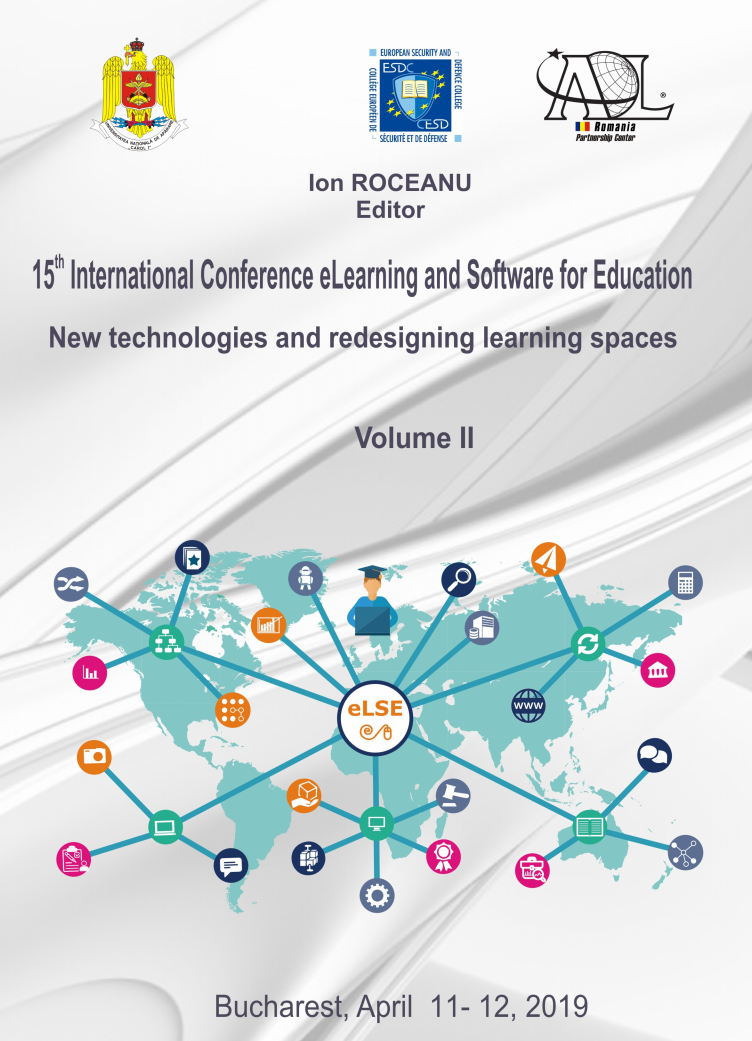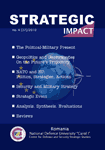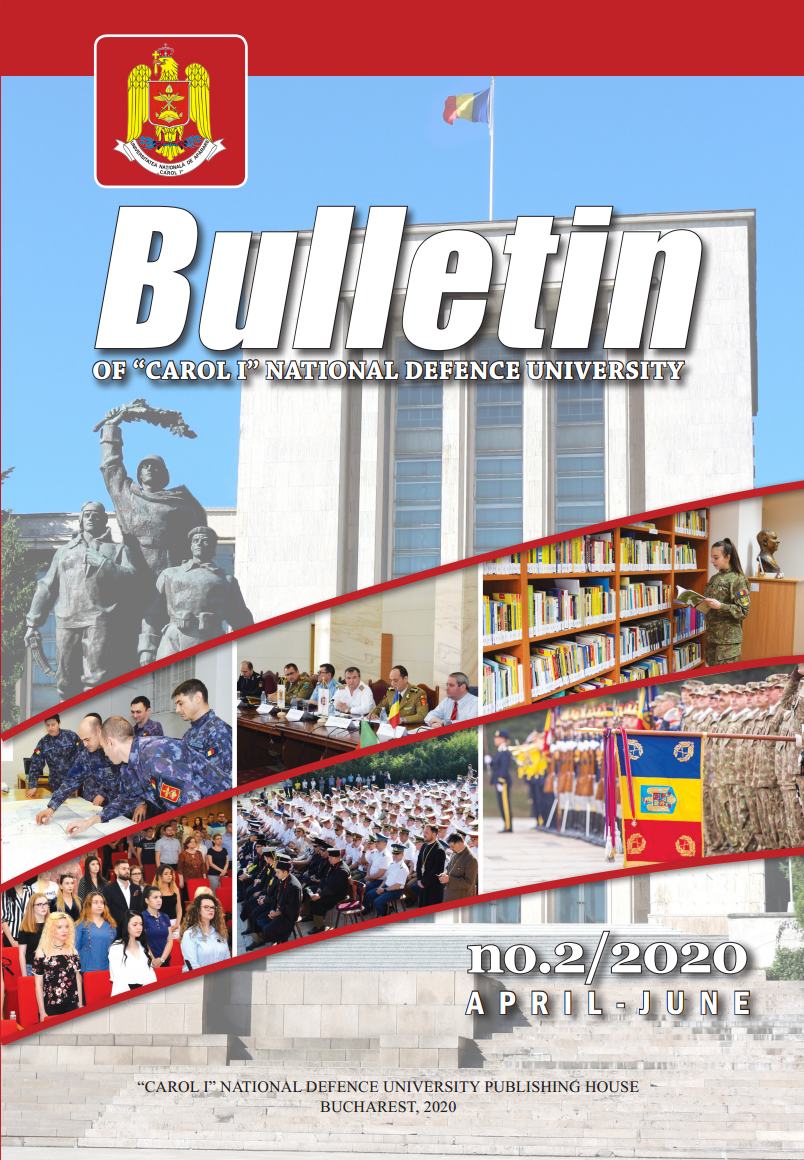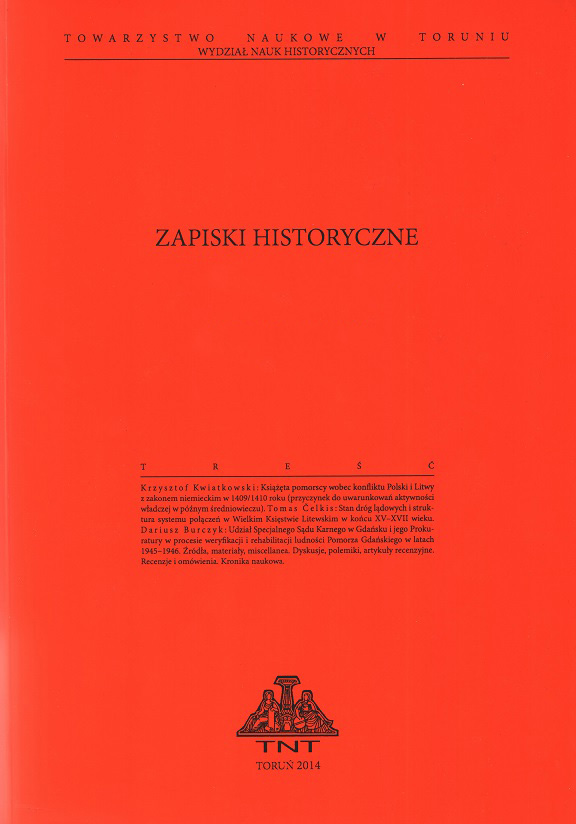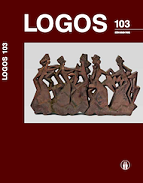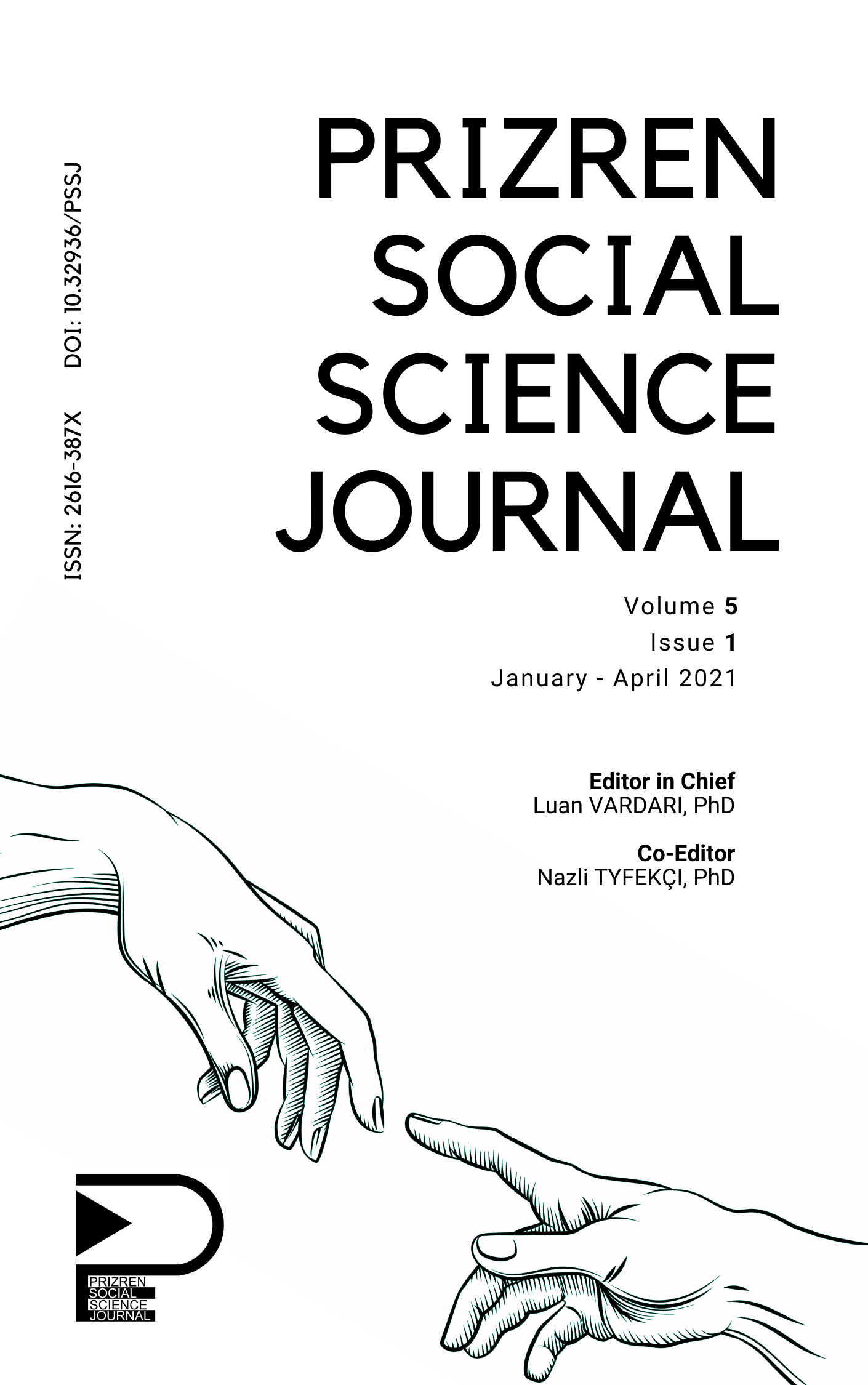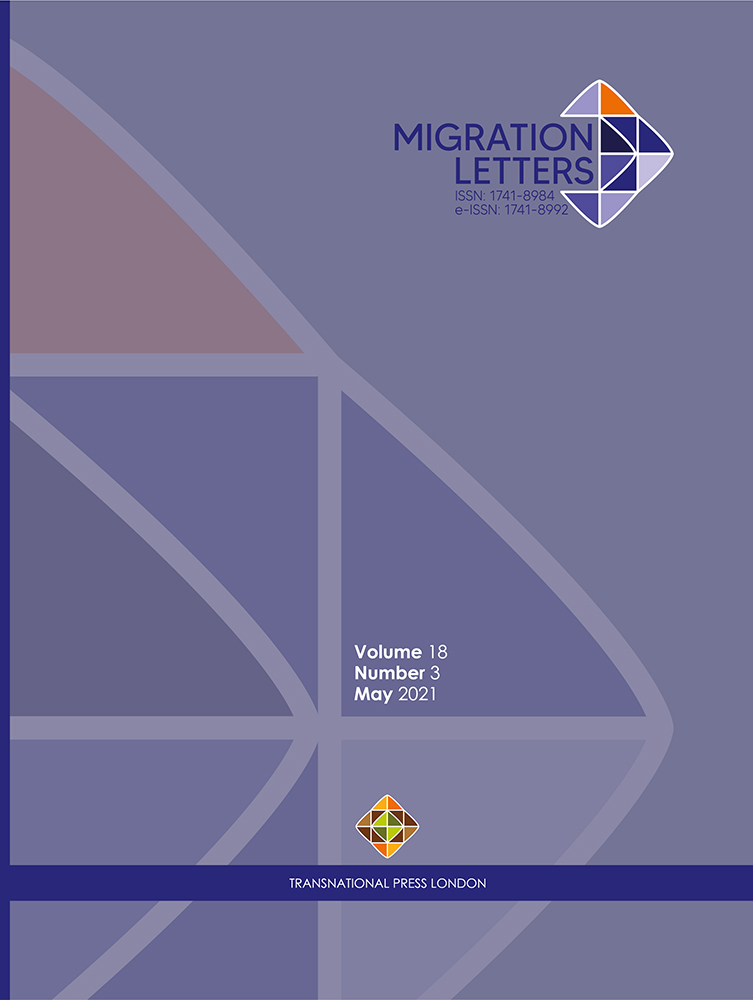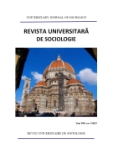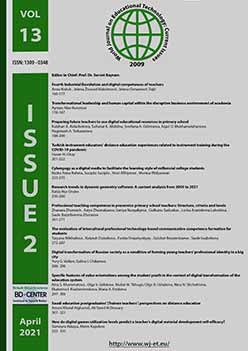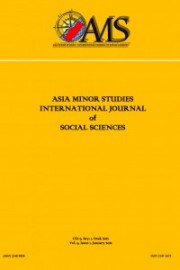
SMART DEFENCE. THE RECURRENCE OF AN EVOLVING IDEA
SMART DEFENCE. THE RECURRENCE OF AN EVOLVING IDEA
Keywords: smart defence; Defence Capabilities Initiative; Prague Capabilities Commitment; world economic and financial crisis; European issues
During 2012 NATO Summit, held in Chicago, a new defence planning initiative was launched – smart defence. In fact, this idea seems to mark at a great extent the entire NATO-related debates in the current period of time. Smart defence is often regarded as a saving idea which can guarantee the preservation of NATO ability to fulfill its core missions under the austerity conditions, having at its basis the principle which can be summarized as “more defence for less money”. The present paper argues that smart defence is not a genuinely new concept, as preoccupations to make defence investment more efficient and equitable are as old as the Alliance. Smart defence is only a new name for an old, but boosted idea brought forth by the current international context.
More...
